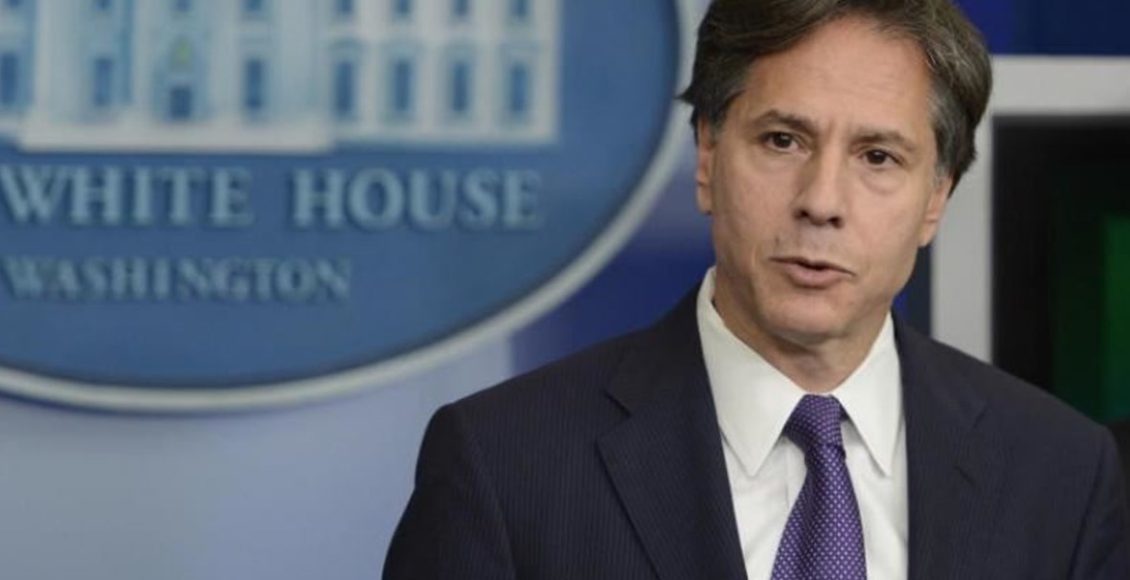SANAA, June 09 (YPA) – American interests in Yemen have been diverged, but, according to observers, they tend to serve suspicious agendas that do not meet the Yemenis’ aspirations for lasting stability.
In an analysis issued by Yemen Press Agency, less than 24 hours after a booby-trapped statement was issued at the end of the meeting of the US Secretary of State, Antony Blinken, and his Saudi counterpart, Faisal bin Farhan, affirming “the determination of the two parties to combat terrorism in Yemen.”
On Thursday, the US Secretary of State held a meeting with the Saudi-formed Chairman of the Presidential Council, Rashad Al-Alimi in Riyadh, where the two sides reaffirmed the role of the United States in “fighting terrorism” and what was described as “violent groups” in addition to a number of loose issues, but Yemen’s unity and sovereignty over its lands were not among those discussions.
Terrorism hanger
From the point of view of observers, it seems that the United States has become keen to market certain concepts towards Yemen, on top of which is “combating terrorism” in order to justify a more clear US military intervention in Yemen, as part of a pragmatic policy that Washington usually uses to interfere in the affairs of other countries.
Despite the existence of evidence confirming that “terrorist groups” are considered one of the tools of the coalition in Yemen, according to the statements of the leaders of the terrorist groups and international press reports, Washington does not show any desire to discuss what it seeks to impose on Yemen, even if the American pretexts be exposed and lack logic.
On the other hand, a number of political analysts in Yemen believe that the United States is trying to jump over the facts with regard to Yemen, by dealing with the arguments of “fighting terrorism” and using them as a justification for military intervention in Yemen, ignoring that terrorist groups be just an accidental event resulting from the coalition war. In no case can it be taken as a pretext to impose the US military presence in the country.
While the American insistence on escalating the tone of the “war on terrorism in Yemen” has confirmed that the United States does not see the country as an independent and sovereign state that can combat “terrorism” without the need for interventions that violate the sovereignty and independence of Yemen.
AA


